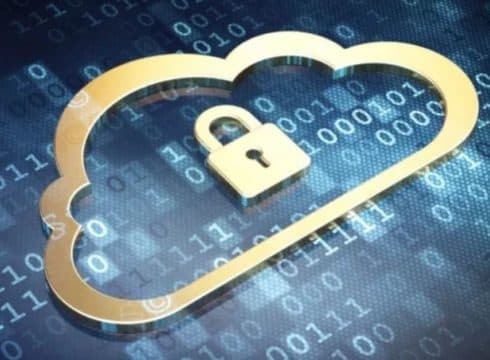S Jaishankar highlighted five points to the world to protect themselves from large scale cyber attacks
States must protect data privacy and ensure data security for its citizens: Jaishankar
The ongoing WhatsApp spyware controversy has put the limelight on government surveillance
Inc42 Daily Brief
Stay Ahead With Daily News & Analysis on India’s Tech & Startup Economy
Since the inception of the internet, the world has witnessed a paradigm shift in how its data is stored and transmitted. In addition to personal and financial data, governments across the world are also using the internet to store information about confidential deals, national security information and other sensitive data. However, as incidents of cybersecurity keep popping up every now and then, there has been a greater focus on illegal activities such as data-theft, violation of data-privacy and other hacks, which many countries, including India, have claimed threaten national sovereignty
According to an ET report, speaking at the Paris Peace Forum, India’s Foreign Minister S Jaishankar raised concerns about cybersecurity issues, claiming state and non-state actors who are targetting cyber infrastructure are a clear threat to national, regional and global security.
According to Jaishankar, in India’s view, any action plan to advance opportunities for security researchers and respond to challenges in cyberspace would need clear roles of all stakeholders.
According to a Data Security Council of India (DSCI) report, India had the second-highest incidence of cybersecurity attacks between 2016 and 2018. Further, the average cost for a data breach in India has risen 7.9% since 2017, with the average cost per breached record amounting to INR 4,552 ($64).
Moreover, when it comes to data breach issues in the Indian context, the first thing that comes to mind is Aadhaar. In February 2019, Aadhaar details of over 6.7 Mn users containing details such as names, addresses and the numbers were leaked on Indane’s website.
The minister highlighted five points that countries around the world need to follow to protect themselves from large scale cyber-attacks.
- Flowing from the principle of state sovereignty, there should be a clear role and responsibility for the states, governments to strengthen their respective national cybersecurity ecosystems.
- The state must protect data privacy and ensure data security for its citizens.
- The state should maintain openness with citizens.
- For the specific security threats to critical infrastructure, countries should consider entering into bilateral or multilateral agreements for speedy action and mitigation.
- At the same time, freedom for cultural expression and viewpoints should not be restricted.
Jaishankar urged countries to arrive at a global understanding if not a global regulation to resolve such issues. “In order to make the cyberspace open, safe and secure, we need to have an alliance of different countries to secure the global cyberspace,” he was quoted as saying.
{{#name}}{{name}}{{/name}}{{^name}}-{{/name}}
{{#description}}{{description}}...{{/description}}{{^description}}-{{/description}}
Note: We at Inc42 take our ethics very seriously. More information about it can be found here.


